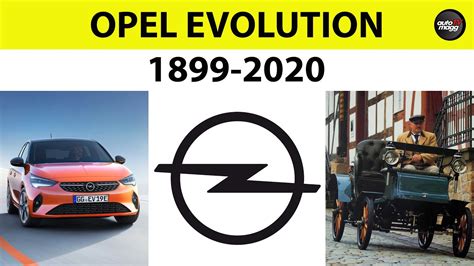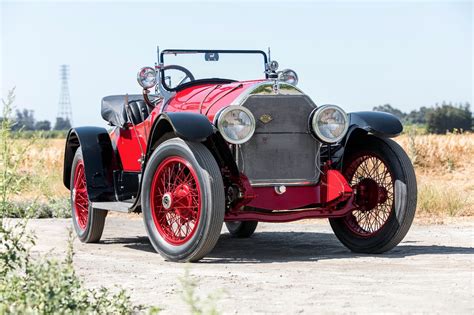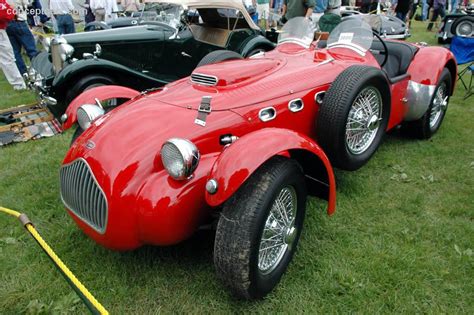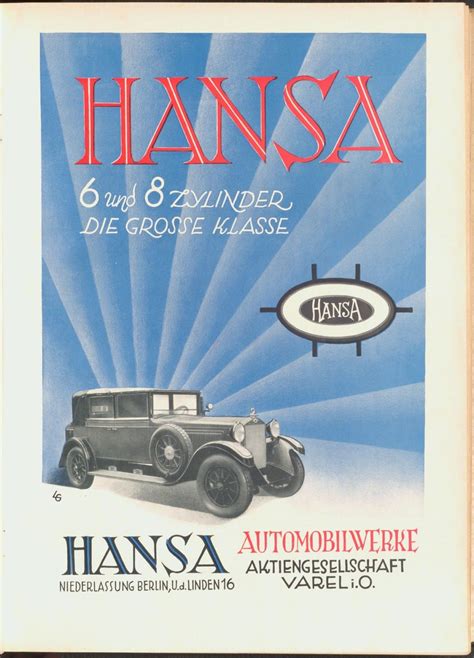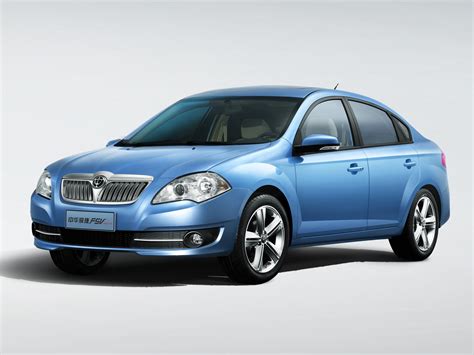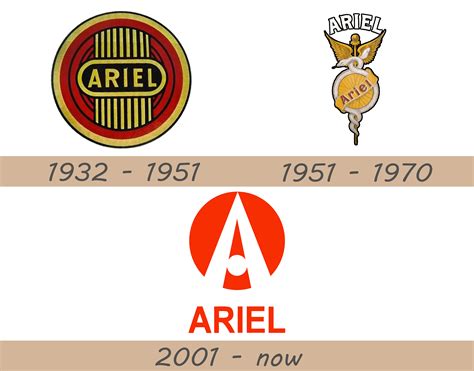Discover the origins, innovations, expansion, impact, and legacy of Opel in the automotive industry. Explore Opel’s early history and lasting influence.
Origins of Opel
Contents
The origins of Opel can be traced back to the 19th century, when Adam Opel founded the company in 1862 as a manufacturer of sewing machines. It wasn’t until 1886 that the company produced its first bicycle, marking its entry into the transportation industry. The success of the bicycles led the company to venture into automobile manufacturing, and in 1899, Opel produced its first automobile, the Opel-Patent-Motorwagen System Lutzmann.
Adam Opel’s sons, Carl, Wilhelm, and Friedrich, played key roles in the expansion of the company’s automotive division, leading to the establishment of the first Opel automobile factory in Rüsselsheim, Germany, in 1899. With an emphasis on innovation and quality, Opel’s early foray into the automotive industry set the stage for the company’s future growth and success.
By the early 20th century, Opel had solidified its position as a leading automobile manufacturer in Germany, producing a range of vehicles that catered to different segments of the market. From small, affordable cars to more luxurious models, Opel’s diverse lineup contributed to its rapid growth and popularity among consumers.
Through strategic partnerships and collaborations with other manufacturers, Opel expanded its reach beyond Germany, establishing a presence in various international markets. This global expansion laid the groundwork for Opel’s future success as a prominent player in the global automotive industry.
Opel’s Early Innovations
Opel is a car company with a long and storied history, known for its early innovations in the automotive industry. One of its earliest innovations was the creation of the first mass-produced car in Germany, the Opel Patent Motor Car, in 1899. This was a revolutionary achievement at the time, as the concept of mass-producing cars was still in its infancy. The company’s founder, Adam Opel, had a vision of making car ownership accessible to the average person, and this early innovation was a major step in that direction.
Opel’s early innovations also included technological advancements that set the company apart from its competitors. In the early 20th century, Opel introduced the first car with a self-starter, eliminating the need for the labor-intensive hand-cranking method that was common at the time. This innovation made car ownership much more convenient and accessible, furthering Adam Opel’s vision of making cars available to the masses.
Another early innovation from Opel was the development of the first mass-produced German car with a fully enclosed body, the Opel 4/12 PS Laubfrosch. This design innovation provided greater protection from the elements and improved comfort for passengers, setting a new standard for automotive design in Germany and beyond. Opel’s commitment to innovation and forward-thinking design has been a hallmark of the company since its early days, and these early innovations paved the way for its future success in the automotive industry.
Opel’s early innovations were not just limited to the technical aspects of car manufacturing. The company also made significant strides in the area of marketing and advertising, with innovative campaigns that helped to shape the public’s perception of the brand. Opel’s early emphasis on branding and image-building set it apart from other car manufacturers of the time, and laid the groundwork for the company’s future success in the competitive automotive market.
Opel’s Expansion and Growth
Opel’s expansion and growth throughout its history have been marked by significant milestones and achievements. From its humble origins as a small sewing machine manufacturer in the 19th century, Opel quickly expanded its operations to include the production of bicycles and, eventually, automobiles.
One of the key factors that contributed to Opel’s rapid growth was its ability to adapt to changing market conditions and consumer preferences. By consistently introducing new models and incorporating the latest technological advancements, Opel was able to attract a growing customer base and establish itself as a leading player in the automotive industry.
In the early 20th century, Opel’s expansion continued as the company diversified its product lineup and expanded its manufacturing capabilities. The introduction of mass production techniques and the development of innovative marketing strategies further fueled Opel’s growth, allowing the company to gain a strong foothold in both domestic and international markets.
Opel’s expansion and growth were also driven by strategic partnerships and collaborations with other industry stakeholders. By forging alliances with suppliers, distributors, and financial institutions, Opel was able to leverage resources and expertise, thereby strengthening its position in the global marketplace.
As a result of its relentless pursuit of expansion and growth opportunities, Opel has solidified its reputation as a dynamic and forward-thinking automotive company, leaving a lasting impact on the industry as a whole.
Opel’s Impact on Automotive Industry
Opel has made a significant impact on the automotive industry since its founding in 1862. As one of the oldest car manufacturers in the world, Opel has played a crucial role in shaping the modern automobile industry. The company’s innovative approach to car design and production has influenced the way cars are made and marketed.
Opel’s impact on the automotive industry can be seen in its pioneering use of assembly line production methods. By adopting these efficient manufacturing processes, Opel was able to produce cars on a much larger scale, making them more affordable and accessible to a wider audience. This approach revolutionized the way cars were manufactured and set a new standard for the industry.
Opel also made significant contributions to automotive technology with the introduction of advanced features such as electric starter motors and hydraulic brakes. These innovations set new benchmarks for safety, comfort, and performance in automobiles, influencing the development of cars across the industry.
Opel’s impact on the automotive industry can also be seen in its global reach and influence. As the company expanded its operations to new markets around the world, it played a key role in establishing the automobile as a truly global industry. Opel’s presence in various international markets has had a lasting impact on the way cars are designed, manufactured, and sold worldwide.
Opel’s Legacy and Influence
Opel’s Legacy and Influence in the Automotive Industry
Opel has left a lasting legacy and made a significant impact on the automotive industry through its pioneering innovations and influential contributions. The company’s influence can be seen in the advancements in automotive technology, design, and manufacturing processes.
Innovations and Advancements
Opel’s legacy is marked by its early innovations such as the introduction of the assembly line production, which revolutionized the efficiency of car manufacturing. The company also played a key role in the development of fuel-efficient engines and safety features, setting new standards for the industry.
Global Influence
Opel’s influence extended beyond its home country of Germany, as the company expanded its operations and made significant contributions to the global automotive market. Its impact on the global automotive industry is evident in the widespread adoption of its technology, as well as its influence on the design and performance of vehicles worldwide.
Enduring Legacy
Opel’s enduring legacy is reflected in the continued success and reputation of the brand, as well as its continued influence on the automotive industry. The company’s commitment to innovation and quality has left a lasting impact on the industry, shaping the development of cars and driving advancements in automotive technology.

